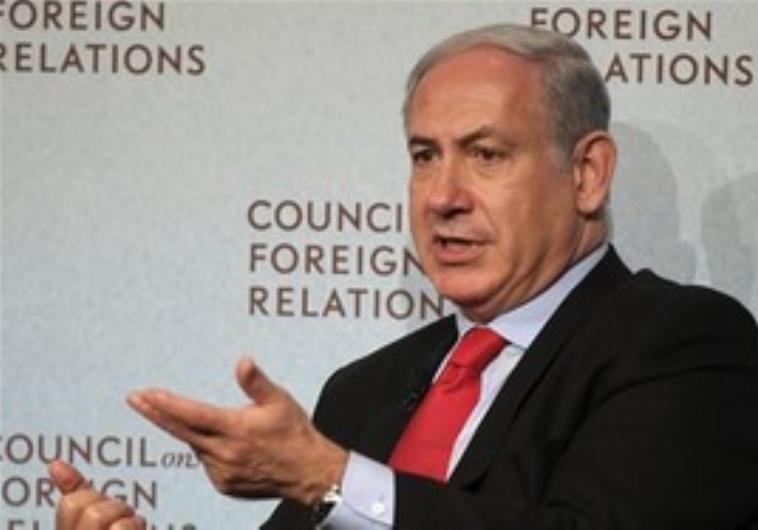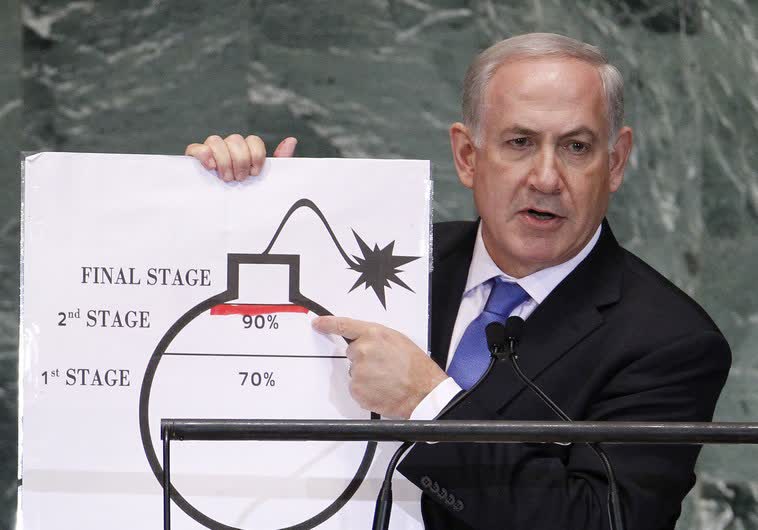No one really knows what Yahya Sinwar wants or plans. Will he escape Gaza through tunnels to Egypt? Will he agree to negotiate a ceasefire? Will he agree to transfer power in Gaza to a revised-revamped Palestinian Authority? Will he release Israeli hostages or will he execute them? Will he surrender or will he fight to the death? No one knows and yet so many of the so-called experts tell us exactly what he wants and what he will do. That is my preface before telling you what I think he might do. I don’t know Sinwar. I have never met him and never talked directly with him. From 2014 until 2023 I was negotiating with him indirectly, through Ghazi Hamad, for the release of the bodies of two Israeli soldiers – Hadar Goldin and Oron Shaul and the living Israeli civilians Avera Mengisto and Hisham A-Sayed. Ghazi would speak with me each time after he met with Sinwar about the negotiations. Often, he would share my proposals with Sinwar and return to me with his responses. Many times, I asked to speak with Sinwar directly and he never agreed. From those talks I learned a bit about the man and what is most important to him. I learned that he was (at that time) uncompromising. Initially he was offered bodies for bodies – that was immediately rejected. He was then offered money, electricity, water, economic development, jobs in Israel and more for the people of Gaza. All of that was rejected. He was singularly focused of the release of Palestinian prisoners serving life sentences in Israel for murdering Israelis. He was offered hundreds of other prisoners who did not have “blood on their hands,” but he refused to make a deal that did not include a large number of murderers of Israelis and thus there was no deal. That was a red line for Israel and a red line for Sinwar.
I don’t believe that Sinwar will surrender or escape to Egypt. He might, but my assessment of the man is that it is not very likely. Sinwar will instead fight to the death and take along as many Israelis as possible. He is most likely surrounded by Israeli hostages – although we don’t know that for sure. He may be in a bunker which is already prepared to be blown up should Israeli soldiers back him into a corner. Recognizing the detailed planning that went into the attack on October 7, it should be assumed that the entire tunnel leading to his bunker will be wired with explosives in order to kill as many soldiers as possible. Does Sinwar want a ceasefire now – even if only for 45 days? I have been told by some leaders in Hamas that he does want the ceasefire. I was told even yesterday, “We are ready and serious to reach a ceasefire agreement and release the hostages. We have agreed to an Egyptian-Qatari proposal, but Israel has not yet provided any positive signal. The ball is on Israeli side.” This is a direct quote that I received from a Hamas leader who is from Gaza and is now in Cairo. I believe that this person is in contact with Sinwar. I have received messages from Hamas leaders in Doha that the consultive process of decision making in Hamas remains throughout the war, as they told me – but Sinwar has the final word. That does not mean that Sinwar makes decisions by himself – certainly not on the future of Gaza. But it is clear that his word carries more weight than anyone else.
It seems to me that Israel will not end this war with Sinwar, Deif and perhaps a few others alive and still in Gaza. Everyone has a replacement but sometimes a blow to the top command can lead to a breakdown in the chain of command and the power of the organization can dissolve. Sinwar and Deif are the kind of commanders who are not easily replaceable. They are also the kind of leaders who can determine if Israeli hostages will be released or not. With the enormous physical damage done to 80% of Gaza and the vacuum of governance that has been created across most of the Strip, we should probably begin to get used to the idea that all of the hostages may never be returned. It is very likely that some hostages are buried underneath the rubble of bombed out buildings. It is also possible that some hostages are being held by others – either individuals or other organizations and while Hamas was fully in control, they had command over those others. In a situation of breakdown of command and control, Hamas may not have control over all of the hostages. It is also very likely that with the large number of hostages who are not alive, that their bodies may never be found and returned to their families for burial in Israel.
This war must end. Everything should be done to avoid the Israeli invasion of the area between Khan Yunis and Rafah. We need a time out, we all do. A 45-day ceasefire would serve the interests of everyone. It would release Israeli hostages and Palestinian prisoners, that is a price that must be paid to save the lives of the hostages still alive. Israel would have to redeploy outside of population centers and Palestinians would have to be allowed to return to their homes – or what is left of them. The 45 days must be used by the international community and the mediators to find a diplomatic end to the war. The Qataris who have already spoken about the possibility of expelling the Hamas leadership from Doha must apply extreme pressure on them, if a ceasefire is reached now, to convince the Hamas leadership in Gaza to leave Gaza for Doha. Israel must be pressured to grant them free-passage without killing them, even if they deserve to be killed. Egypt must apply pressure on the Gaza leadership and provide the guarantees that they will be granted free passage from Egypt to Qatar.
Mahmoud Abbas must be pressured by the leaders in the region and by the US and the UK to appoint a prime minister who would be acceptable to the West Bank and Gaza, and not from amongst his cronies or loyalists in Ramallah who have very little control over the West Bank. It must be someone who is seen as clean, has a solid record of working for the benefit of the Palestinian people, someone who accepts the two-states solution, who is acceptable to the US and who can work with Israel. There are a handful of names of people that I can think of who fit these criteria. Abbas must then step aside and hold on to only ceremonial responsibilities while the new prime minister forms a government of professionals and politicians who can work together. The US must pressure Israel to prepare itself to exit Gaza as soon as possible because the new Palestinian government will invite a multi-national Arab led force to come to Gaza to create stability and security when Israel is prepared to leave. If Israel decides to stay in Gaza, one thing can be guaranteed – more soldiers will come back to Israel in body bags and Hamas will not be defeated. The multi-national Arab led force will have the backing of the Arab League granting it legitimacy. Its mandate will include decommissioning weapons and destroying the underground network of attack tunnels and arms production. Palestinian forces will be integrated into the force and the force will be under the responsibility of the Palestinian government. Eventually Palestinian elections will be held when stability can be assured and an elected Palestinian government will replace the temporary government of the prime minister appointed by Abbas.
Israel will protect its people from the border between Gaza and Israel on the Israeli side of the border. No rocket fire from Gaza will be tolerated. The multi-national Arab-led force will have 48 hours to respond to any rocket fire before Israel has the liberty to respond on its own. The Gaza-Egypt border must be secured from the Egyptian side. The US should provide technology, know-how and finance for Egypt to dig tens of meters deep along the 13-kilometer border in order to seal off any tunnels used for smuggling weapons and contraband into Gaza. The Rafah border crossing must also be secured and Egypt has the responsibility, to be monitored by the US military, to prevent bribery and smuggling into Gaza.
The new Palestinian government should immediately declare its support for the two-states solution on the basis of the June 4th, 1967 borders. The government should call for a regional conference to advance the two-states solution with the participation of Palestine, Israel, Egypt, Jordan, the UAE, Bahrain, Morocco and Saudi Arabia, in addition to any other regional country interested in joining in. The Palestinian government should take these steps even if there remains a rejectionist government in Israel. The regional meeting should be convened even if Israel refuses to participate. If the State of Palestine has not yet been recognized by the majority of OECD nations by the time of convening of the regional conference, the conference should call on all nations of the world to recognize the State of Palestine (139 countries now recognize Palestine). They should also call on all nations of the world to recognize the State of Israel (165 countries now recognize Israel). All 193 member states of the United Nations (194 with the State of Palestine) should recognize both Palestine and Israel and should support the two-states solution.
In my next article I will write about the steps that Israel and Palestine should take in a post war period to consolidate a genuine peace process and enhance the chances of real peace developing.


